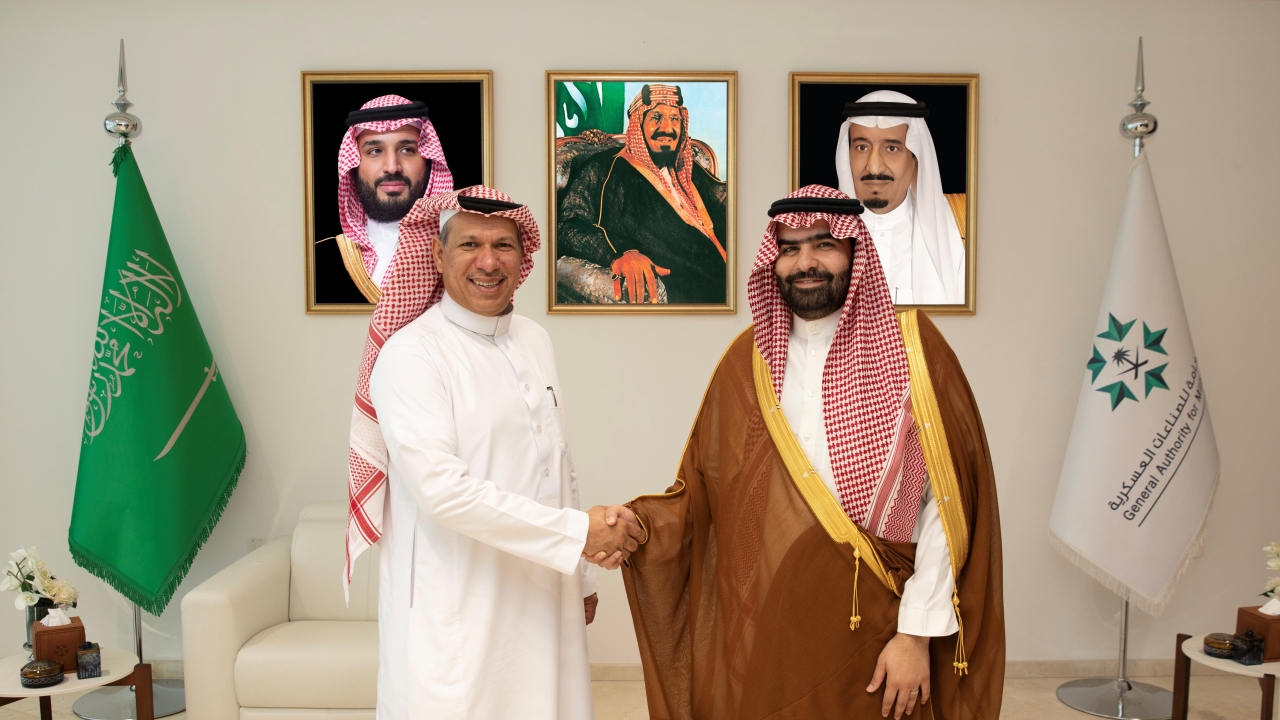Time to switch on to offset
Where offset requirements may have once clouded Middle East defence procurement, new strategic direction in key markets promises to harness this policy tool for substantial socio-economic and industrial benefits.

Dr Kogi Balakrishnan: “These changes will be hugely significant. Picture: K Balakrishnan.
Winds of change blowing through the defence export sector could bring widespread benefits across a widening swathe of social, economic and scientific interests in the Middle East.
At its core is a new approach to offsets, or industrial participation (IP) as it’s increasingly known.
That’s the view of Dr Kogi Balakrishnan, director of client and business development for the Warwick Manufacturing Group at the University of Warwick, an authority in the field of offsets and a regular contributor to the debate at events such as the IDEX conference and the World Defense Show in 2022.
She observed “an interesting twist” at IDEX this year as leading figures from US industry signalled a sea change in the defence exporter’s approach to IP.
“We heard [Lockheed Martin senior vice-president] Tim Cahill stressing the importance of industrial participation, which is a strong commitment, hugely positive and encouraging. You seldom hear this from US primes, who traditionally take a very hands-off approach to offsets,” she said.
Equally important was the “change in US culture” discussed by Heidi Grant, director of the USA’s Defense Security Cooperation Agency, at the IDEX conference. Dr Balakrishnan saw Grant’s commitment to setting up a process to make technologies available to partners and allies as a “game-changer... a positive step”.
“These changes will be hugely significant to demonstrate the collaborative effort being taken by the US and other partners in Europe to engage in sharing capability and economic spin-offs.”
European companies, among them SAAB, Thales, MBDA, Leonardo and BAE Systems, have also been active in developing regional partnerships. Such activity is “clear evidence” of how IP will carry “significant weight” in future defence procurement decisions, said Balakrishnan.
At present, she said, only Saudi Arabia, the UAE and Oman, among GCC countries, have written policies on IP. “The evolution of the Saudi and UAE policies over the last 30 years has seen a change of focus from capital investment in civil sectors to a more strategic and targeted approach.”
Tawazun Economic Council (TEC) in the UAE and Saudi Arabia’s General Authority for Military Industries (GAMI) are guiding the development of indigenous high-value-added sectors in line with their respective overarching strategies: the UAE’s fourth industrial revolution and Saudi Arabia’s vision 2030.
In practice, said Dr Balakrishnan, there is sometimes a “disconnect” as the IP policy tends to focus on direct industrial benefits related to defence and security industries, while national industrial strategies are broader and focus on wider industrial and technological sectors. IP authorities “need to engage with the different stakeholders and incorporate the national industrial strategy requirements so the implementation is aligned”, she said.
IDEX also highlighted the opportunities for regional collaboration in IP, when TEC and GAMI signed a memorandum of understanding (MoU) to build a strategic partnership to enhance the capabilities of the defence sector, explore the potential for joint projects and identify areas of cooperation in defence industry-related research and development.
“I certainly see these initiatives as a positive move,” said Balakrishnan. “There are plenty of opportunities for both countries to collaborate and complement each-other and to learn on the strength of each-other’s policies.
“The UAE certainly has been the lead for IP for the region. With its track record, the UAE could be a catalyst for reform, especially for Saudi Arabia and other GCC countries.”
Regional tie-ups could avoid challenges that can arise in international collaborations from cultural differences, she said. Partners in Asian and Middle Eastern countries may expect some “flexibility” in the execution of contract terms, where rigid adherence to obligations and schedules is the norm for their European and American counterparties. “Sometimes the contract is not as important as the relationship,” she added.
On the other hand, it can be a mistake for an indigenous company to drop its foreign partner once a certain level of capability has been gained. “People often overlook the fact that technology is continuously evolving. A long-term partner will continue transferring knowledge to you.”
From her perspective of having worked on all sides of the IP equation, Balakrishnan said it’s important to have a clear process to govern “how we place contracts, negotiate programmes, implement and monitor the project outcomes”.
Chuck Grieve reports.
Stay up to date
Subscribe to the free Times Aerospace newsletter and receive the latest content every week. We'll never share your email address.

